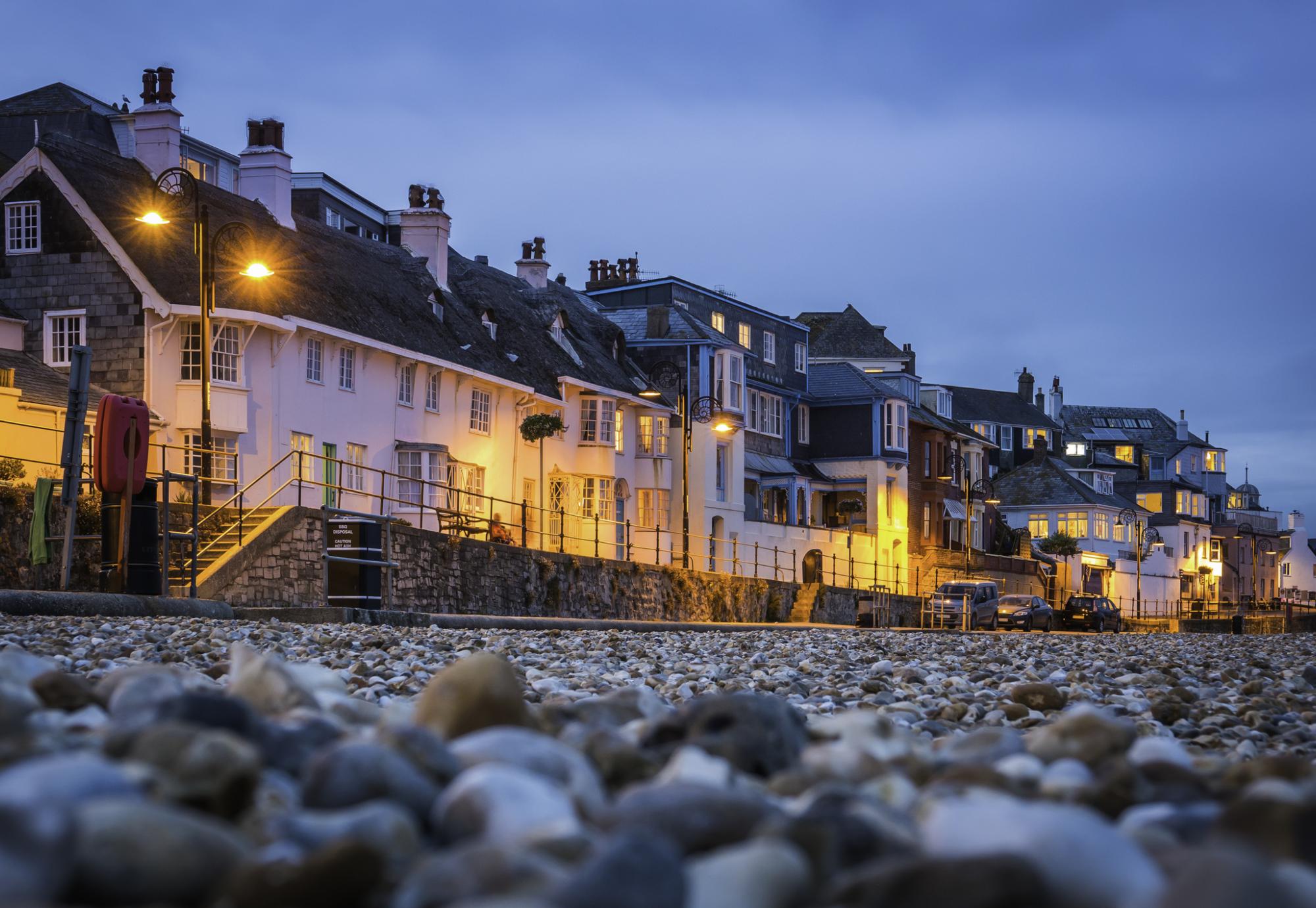Dorset Council has made a number of changes to its planning services due to a large rise in the number of applications they have received during the Covid-19 pandemic.
The council received 9,022 planning applications between January 2019 and December 2020, an average of 376 applications per month.
From January to the end of April 2021, they received 1,971 applications, an extra 383 compared to the same period in 2020.
Decisions are continuing to be made and in March, 482 applications were decided upon, higher than any month in the last two years.
To manage this increase in business and to create efficiencies in the process, the council are doing a number of things, including:
Planning Convergence and Transformation Project
The Planning Convergence and Transformation Project aims to deliver a more effective, efficient and customer-focussed planning service.
The project is halfway through the introduction of a new single planning software system for Dorset Council, which is a key part of the wider planning transformation project.
All areas are now using the same type of platform, which has already seen efficiencies in processes.
The next area’s planning information to be transferred is the former Purbeck District Council, which is planned for the end of the month.
The Former East Dorset District Council information will follow in July.
Recruitment
Dorset Council is currently recruiting to a range of roles across the planning services in different areas, such as validation, enforcement, conservation and development management, in order to fill vacancies and help with the increased workload.
Validation backlog
There is currently an eight week backlog to validate new applications and to help reduce the workload on officers, they are trying to reduce the number of emails they are receiving so that they can concentrate on validating applications.
The preferred option for digital responses to planning applications is via the online register.
Consultees, such as town and parish councils will receive a direct link to the online register for each planning application as part of the consultee notification email.
There are also changes to the way the council’s planning teams are carrying out the work to become quicker at processing applications, including:
Neighbour notification letters
From 1 July, Dorset Council will no longer be sending neighbour notification letters for planning applications, unless these are specifically required by legislation, in line with their agreed Statement of Community Involvement.
Details of all applications will still be published online and they will continue to consult statutory organisations, as well as town and parish councils.
Planning site notices
To make sure that site notices are displayed in good time, agents and applicants are being asked to help by putting them up.
When their planning application is registered, a copy of the notice will be sent to them and they are asked to print it and erect it as soon as possible.
A photograph of the site notice in situ and confirmation of the date it was erected will be required for the records.
Planning site visits
The approach has changed for site visits for planning applications.
If an officer needs to visit a site to assess the planning issues, they will do so, however, if the assessment can be made using a desk-based approach, then this is preferred as it is a speedier process.
Amended plans and pre-application advice
The processes are being streamlined so that only one set of amended plans will generally be allowed, particularly for minor and householder applications, which the council said will lead to more efficiency.
All applicants are encouraged to use the pre-application advice service, so that when an application comes in, it is more likely to be supported.
Building Control team
The authority’s Building Control team is seeing no delays in their service and is dealing with all fee quotes, plan checks and site inspections.
They have recruited more staff to manage their increase in caseload and are continuing with all required site inspections and visits following the government’s guidance on social distancing in order to keep the construction sector moving.
They are currently carrying out an average of 50 site inspections per day across the area.
Commenting, Dorset Council’s Portfolio Holder for Planning, Councillor David Walsh said:
“We are seeing a huge increase in workload and we are still working within Covid restrictions.
“Most of our planning teams continue to work from home, which has its own challenges.
“Everyone has been working incredibly hard in very trying circumstances, but we are using every opportunity to make our processes better.”



















